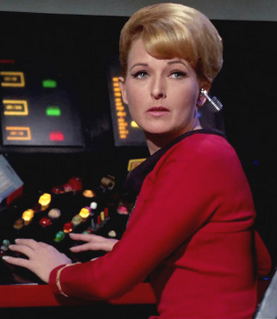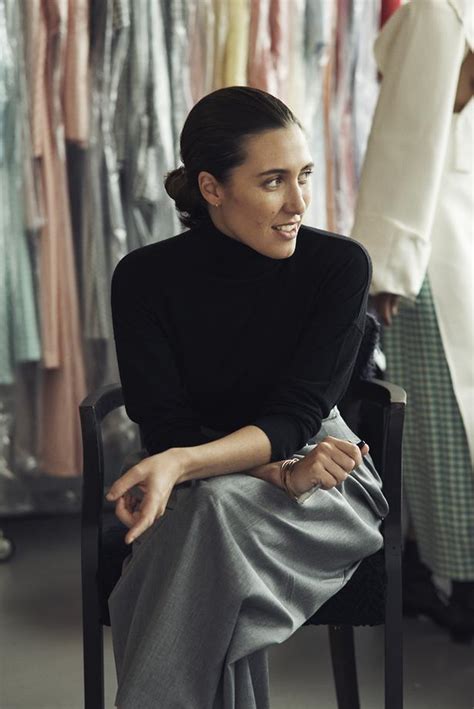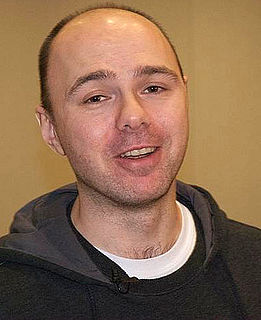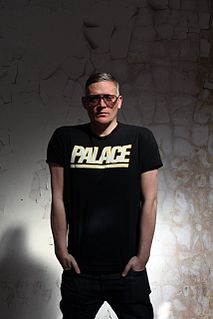A Quote by Isabel Wolff
When you buy a piece of vintage clothing you're not just buying the fabric and thread - you're buying a piece of someone's past
Related Quotes
Buy less. Choose well. Make it last. Quality, not quantity. Everybody’s buying far too many clothesI mean, I know I’m lucky, I can just take things and borrow them and I’m just okay, but I hate having too many clothes. And I think that poor people should be even more careful. It doesn't mean therefore you have to just buy anything cheap. Instead of buying six things, buy one thing that you really like. Don't keep buying just for the sake of it.
All it takes is to pick up that one piece of trash you pass everyday on your way to work. Or to turn the water faucet off when you're brushing your teeth from afar. Or to compost. Or to buy 100 percent post-consumer recycled paper. Or to utilize vintage stores and secondhand markets. Or to fully devote yourself to only buying vegetables from local sources. It is remarkably easy to incorporate sustainable choices into our everyday, busy lives.





































